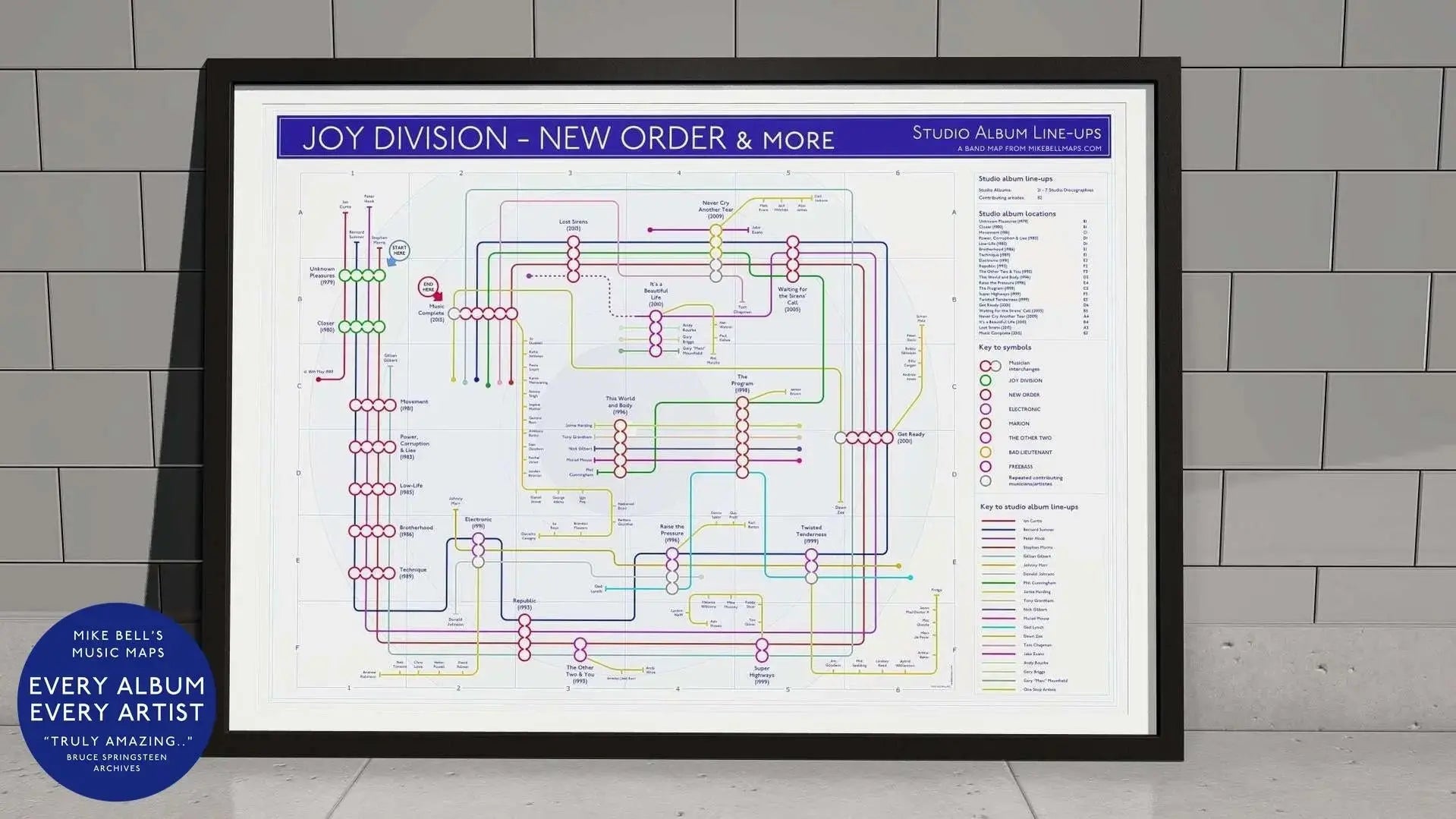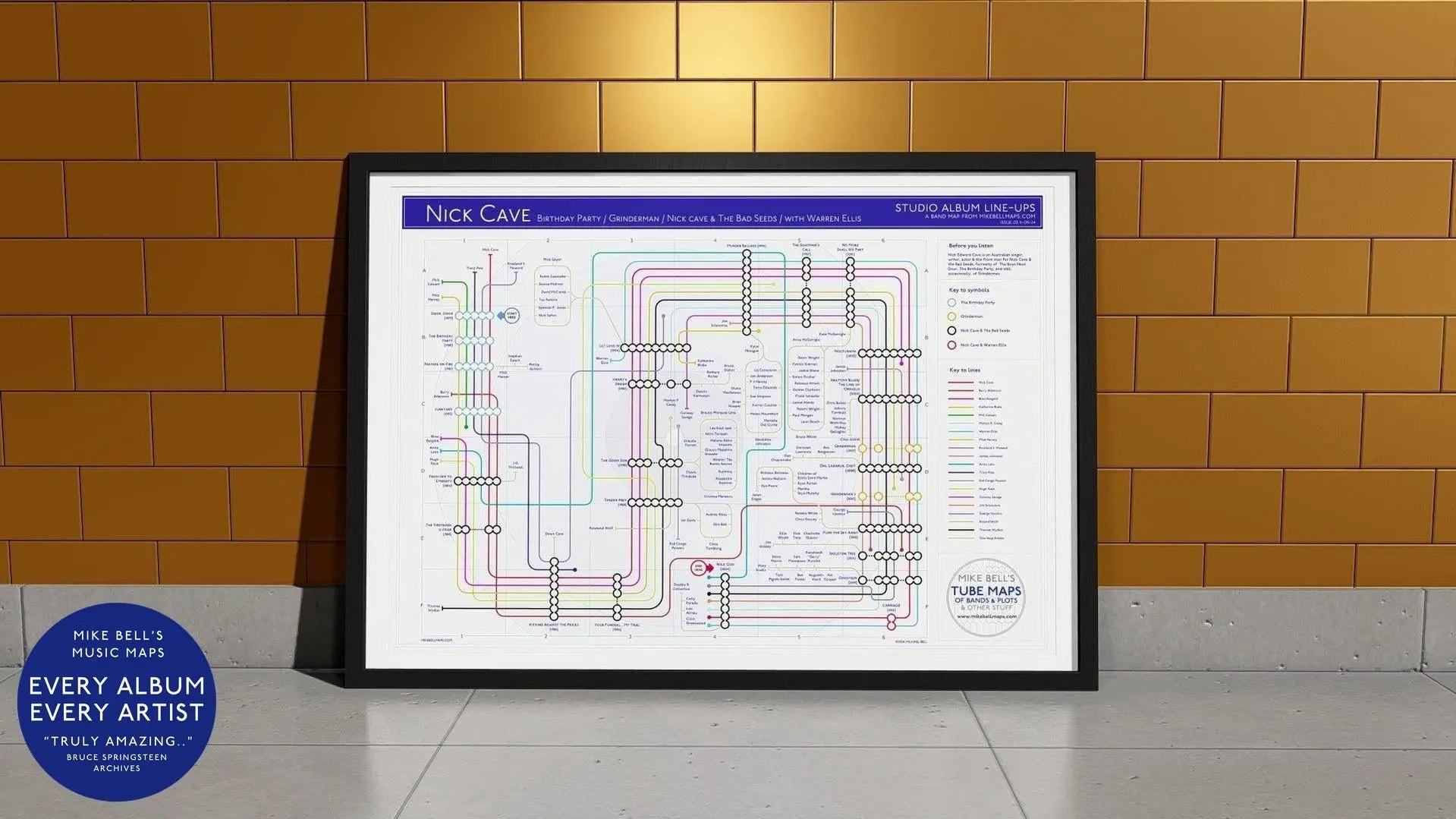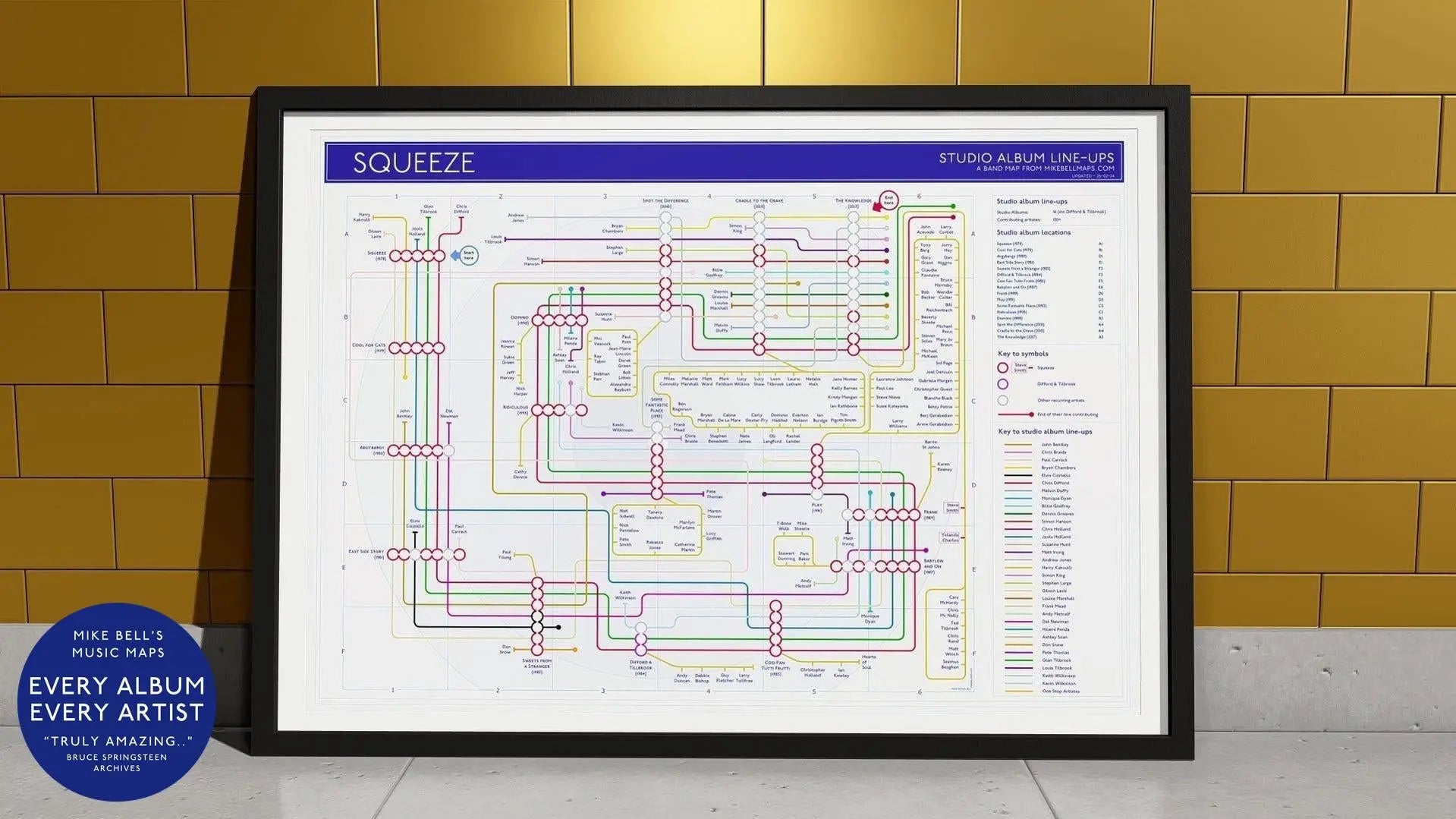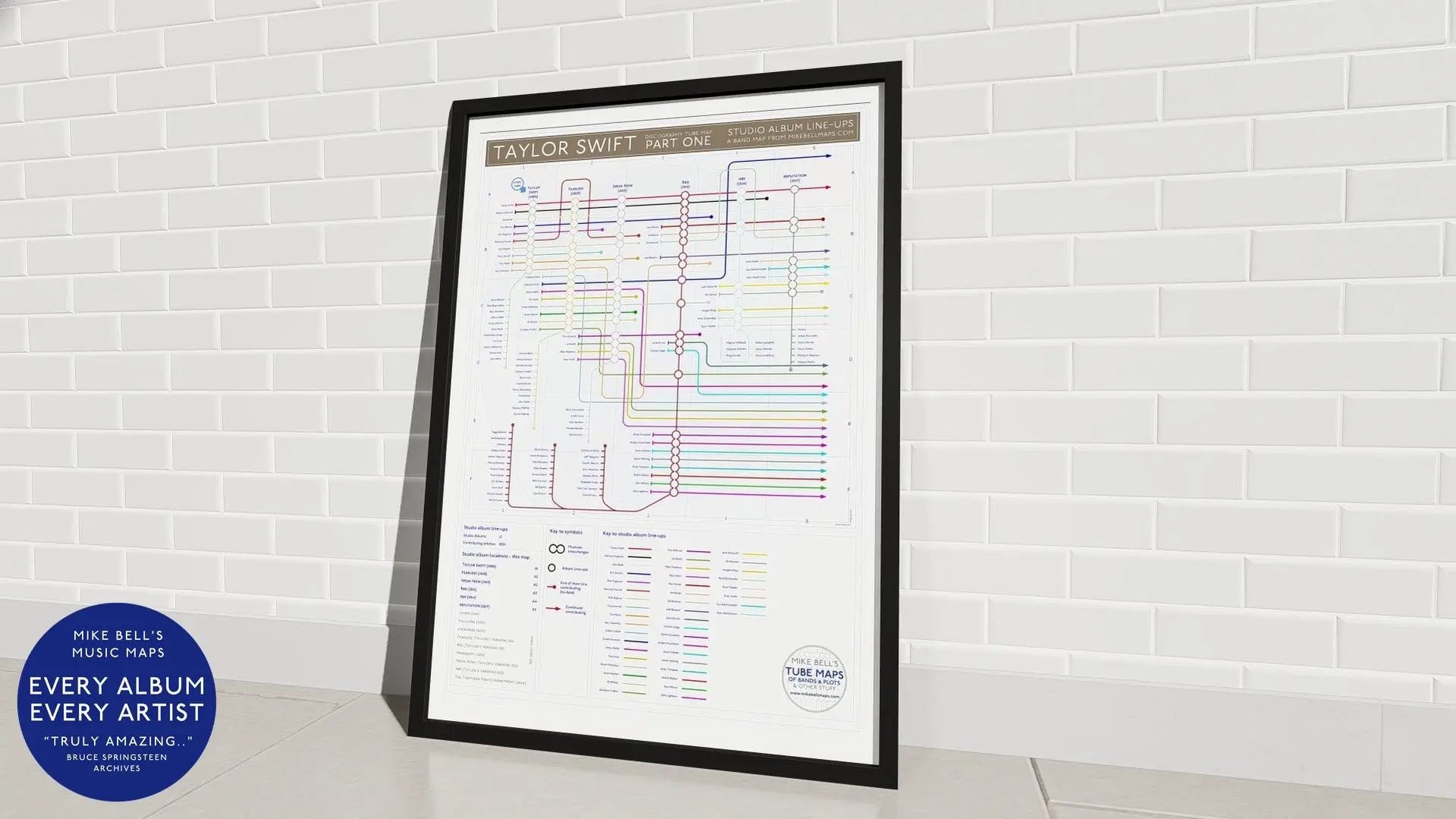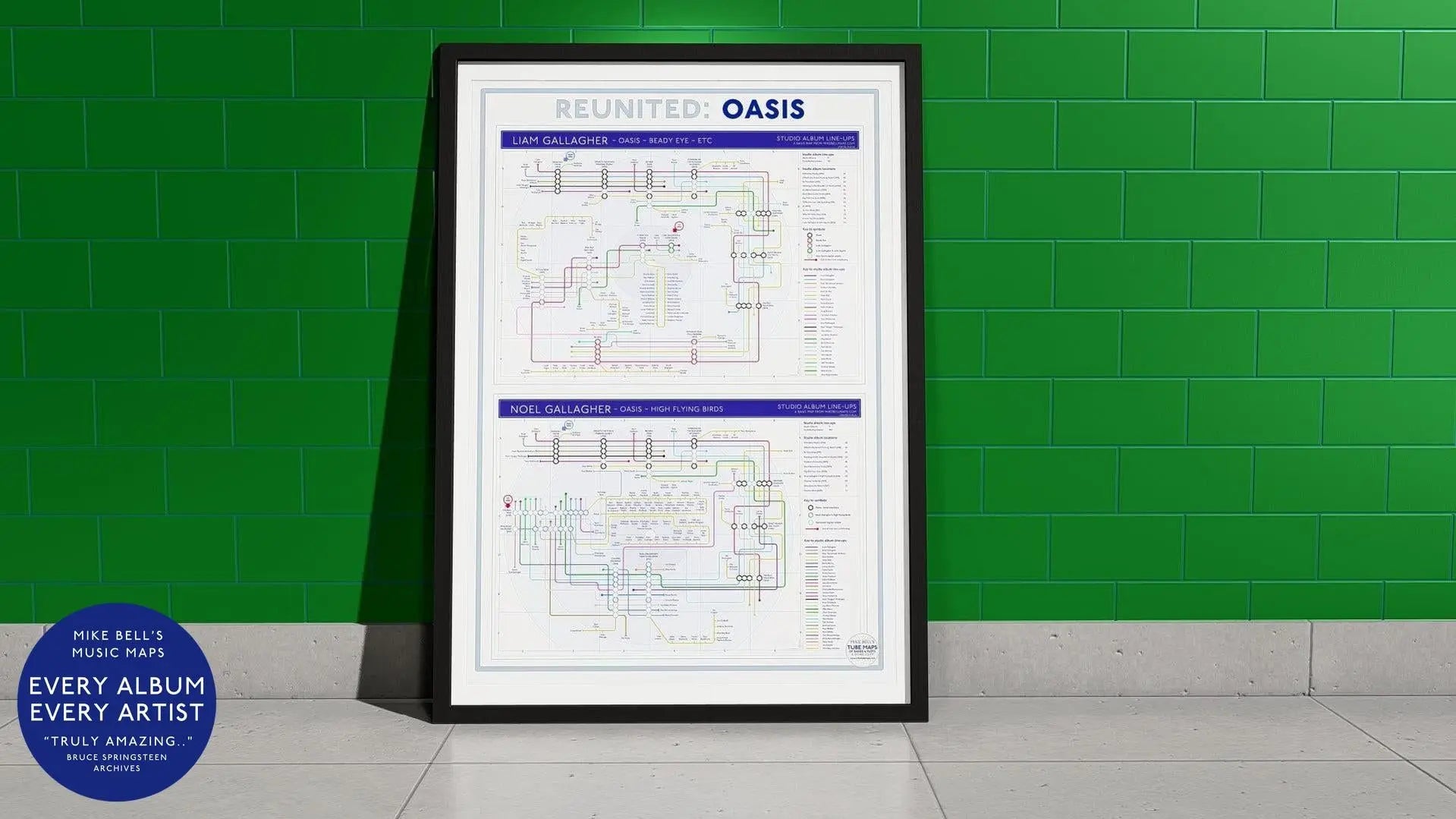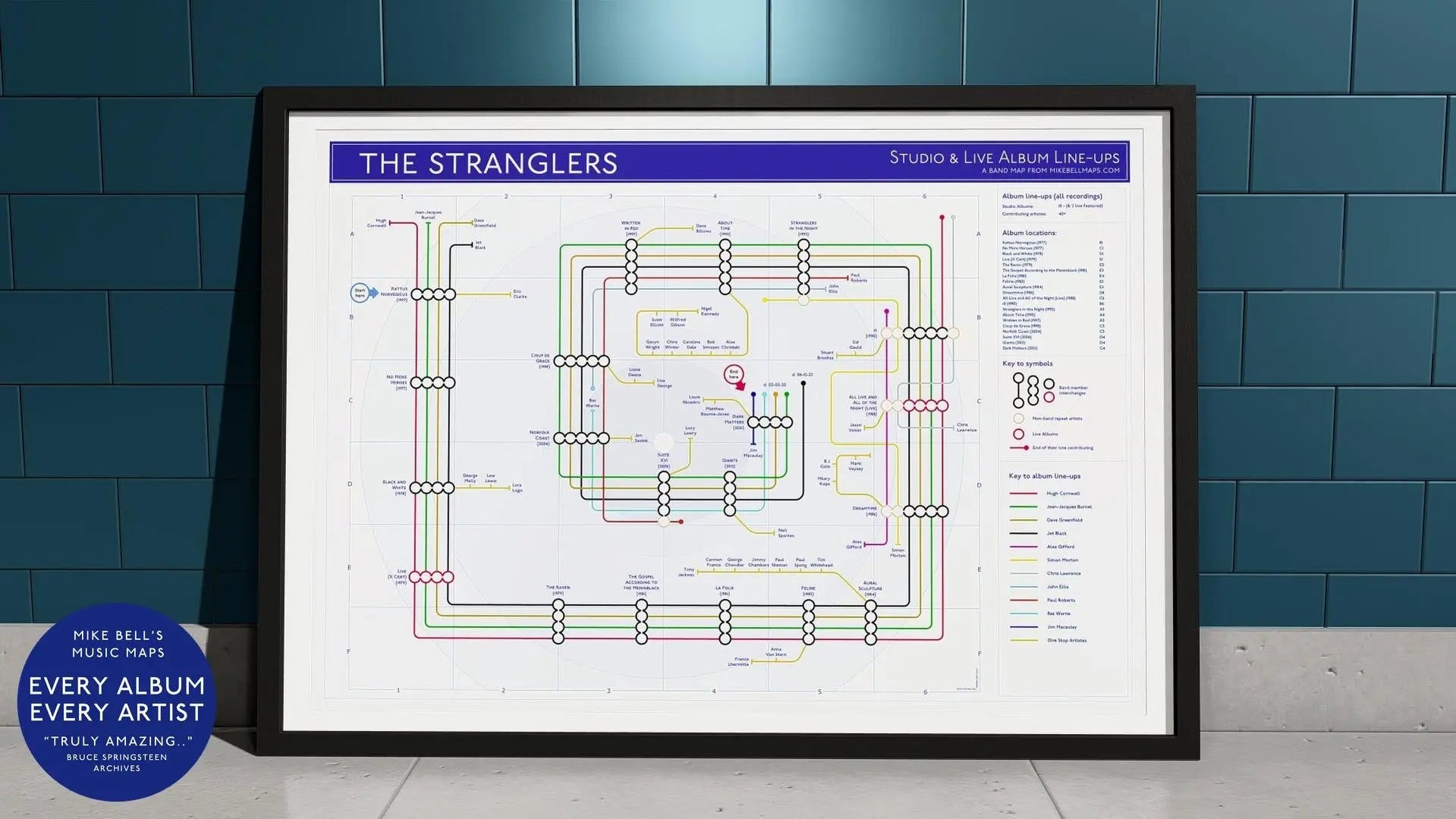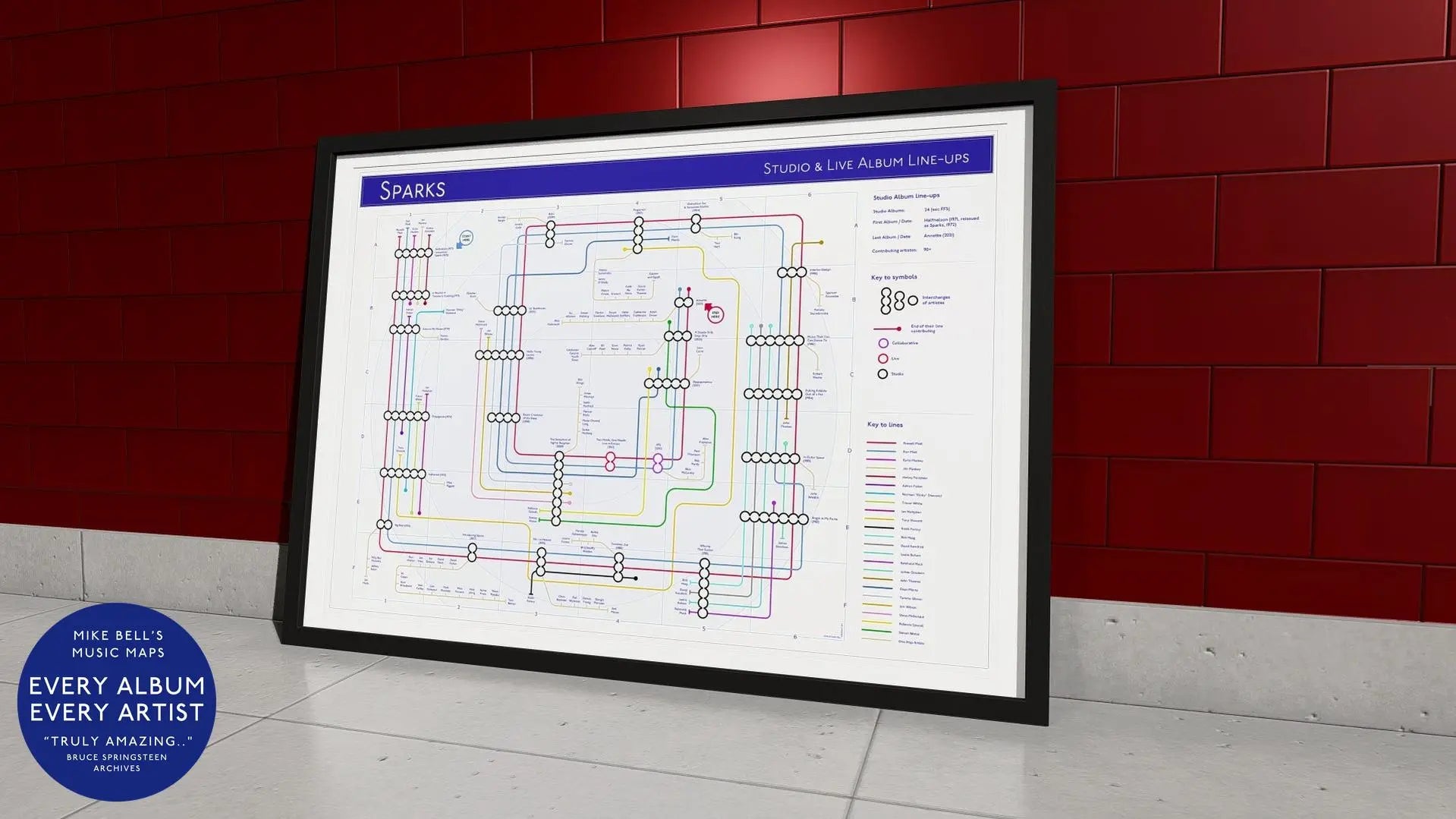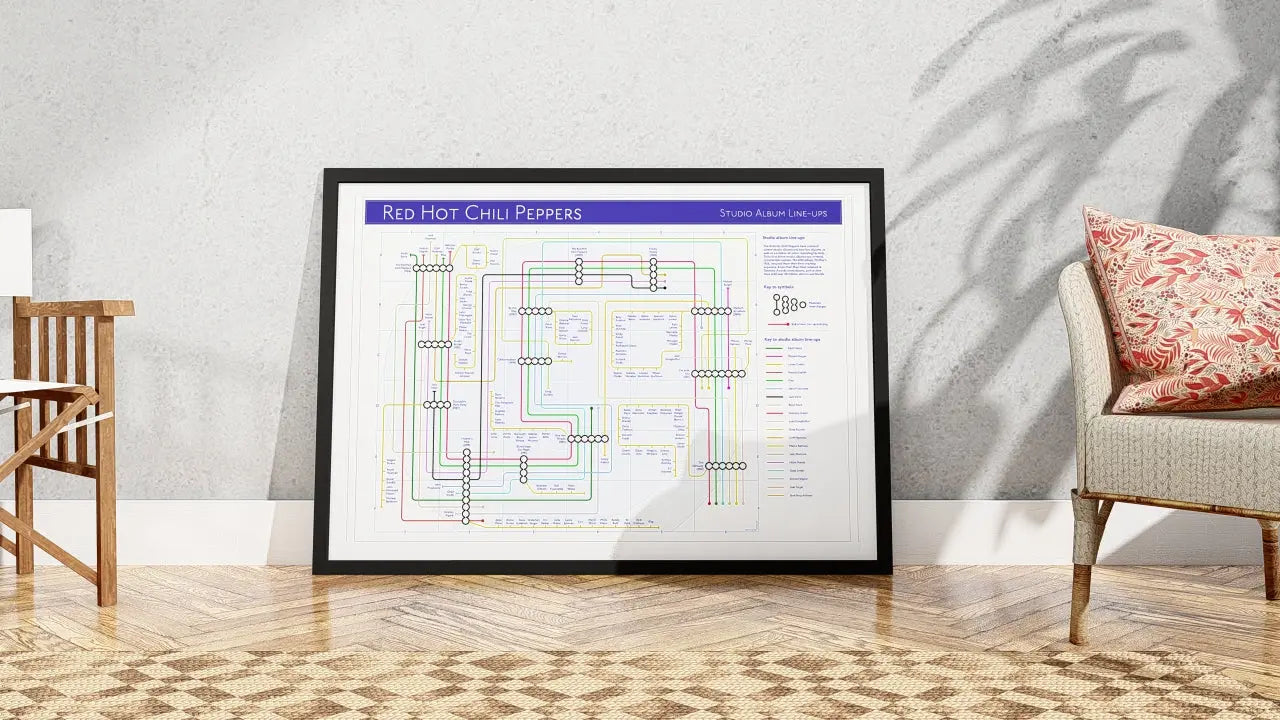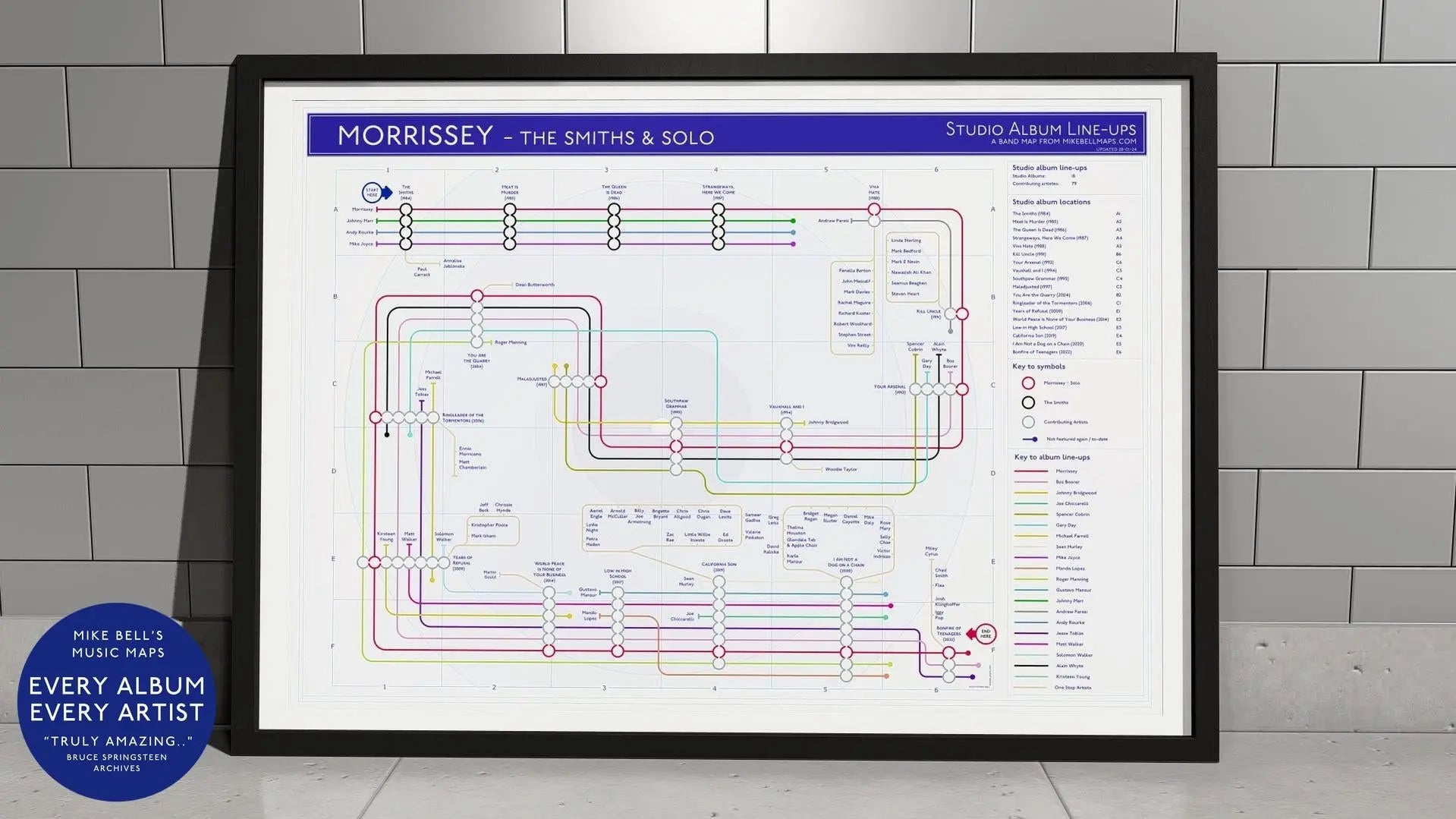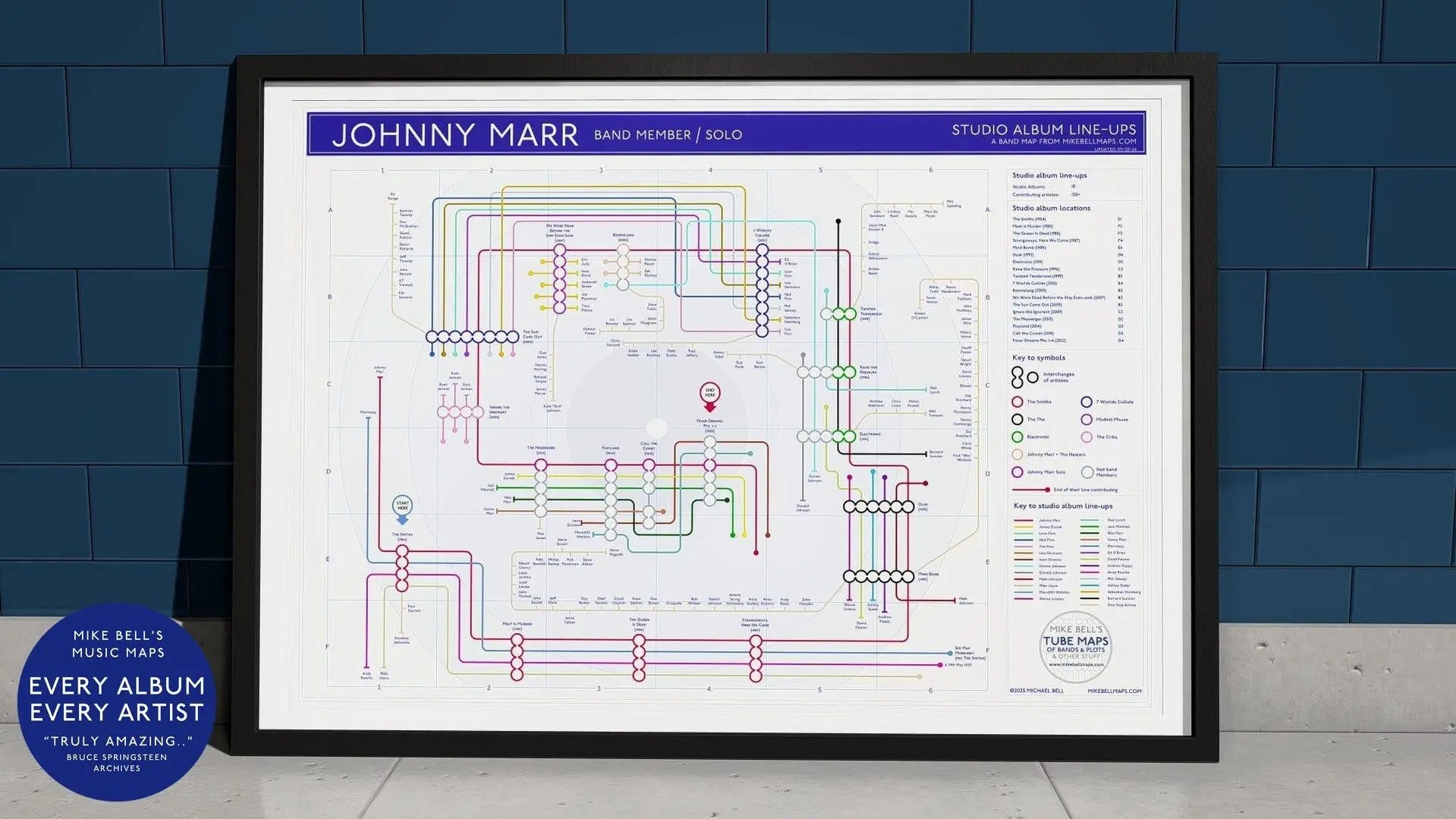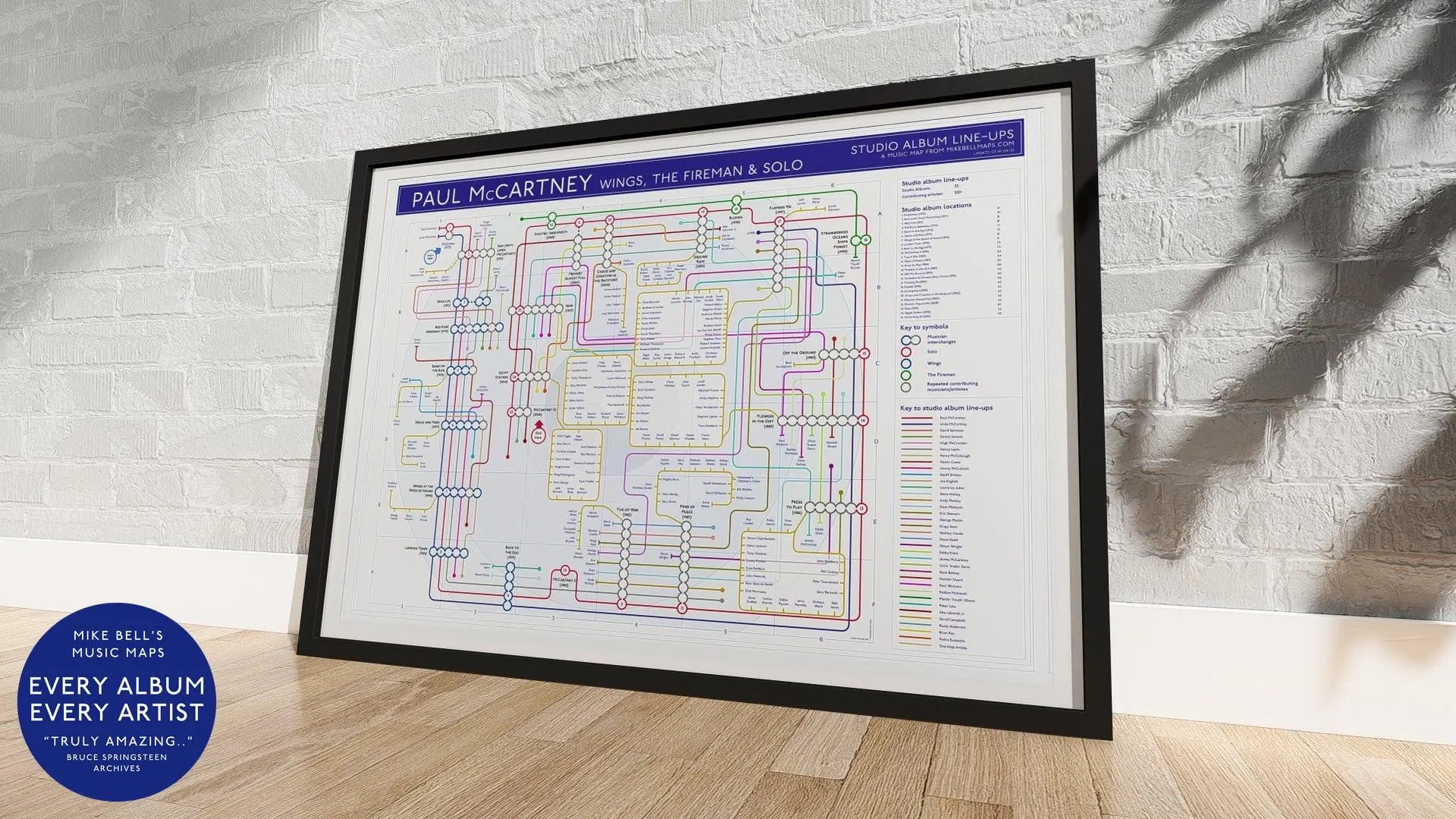
Morrissey vs Sparks: Mutual Admiration to Musical Stand-off
by Mike Bell
·
In the world of music, friendships often form across continents, generations, and genres. But sometimes, those connections unravel. One compelling example is the evolving relationship—now widely referred to as the Morrissey vs Sparks debate—between the British icon Morrissey and the eccentric American pop duo Sparks, comprising brothers Ron and Russell Mael.
This once-mutual admiration society has gradually soured, mainly due to political disagreements that became public in the late 2010s. In this blog, I explore the timeline of their friendship, the reasons behind its decline, and what this story reveals about the intersection of art, ideology, and individual legacy.
A Glamorous Beginning: Morrissey and Sparks - Early Admiration
Morrissey’s admiration for Sparks is well-documented and dates back to the 1970s. During his formative years, he was heavily influenced by glam rock acts like Sparks, Jobriath, and the New York Dolls. In interviews and autobiographical references, he’s consistently credited Sparks as a creative influence, especially in their lyrical wit and theatrical delivery.

The affection seemed mutual. Sparks even released a cheeky tribute song in 2008 titled "Lighten Up, Morrissey", from their album Exotic Creatures of the Deep. Far from being offended, Morrissey reportedly loved the track, playing it before his live shows, which suggested a humorous and positive rapport at the time.
Musical Interactions That Mattered
Over the years, there were a handful of creative overlaps that signaled deeper respect. In 2005, the Mael brothers remixed Morrissey's solo hit "Suedehead" for a remix compilation, with his full approval. Morrissey also covered the Sparks song "Moon Over Kentucky" during his 2009 and 2016 concerts, paying homage to their enduring influence on his artistry.
Most intriguingly, in a 2017 interview with the Nottingham Post, Ron Mael revealed that Sparks and Morrissey had discussed collaborating on an album. Although a few ideas were floated, the effort fizzled—mainly due to communication issues and what appears, in retrospect, to be the early signs of friction.
The Turning Point: Political Disagreements and Public Criticism
Things took a notable turn in 2018. Morrissey vs Sparks kicked off. Russell Mael, in a press statement reported by NME, expressed public disapproval of Morrissey's increasingly controversial political views, which included support for the far-right party For Britain and contentious comments on race and halal meat.
Mael didn’t mince words, referring to Morrissey’s remarks as "stupid, dumb kind of things" and "ill-conceived and wrong." This public condemnation marked a decisive break, shifting their relationship from mutual fandom to an ideological rift.
Morrissey’s Response: Resignation, Not Retaliation
In a 2021 interview, Morrissey responded to the criticism, not with rebuttals but with a shrug. Speaking to his nephew, he said, "Amazingly, no, because I’m quite used to it," suggesting a weary indifference rather than confrontation.
His response implies resignation—a recognition that criticism, even from long-time allies, is now a routine part of his public life. Yet given the warmth he once had for Sparks, Mael’s rebuke must have struck a personal chord.
Timeline of Events: Morrissey vs Sparks
| Year | Event | Details |
|---|---|---|
| 1970s | Morrissey becomes a Sparks fan | Admires their glam rock style; cites them as a major influence. |
| 2005 | Remix of "Suedehead" | Sparks remix Morrissey's track with his approval. |
| 2008 | Sparks release "Lighten Up, Morrissey" | Friendly tribute, played at Morrissey's concerts. |
| 2009 & 2016 | Morrissey covers Sparks’ "Moon Over Kentucky" | Reinforces their shared musical bond. |
| 2017 | Album collaboration discussed | Talks of collaboration fail to take shape. |
| 2018 | Russell Mael criticizes Morrissey’s politics | Cites far-right affiliations and insensitive remarks. |
| 2021 | Morrissey responds | Indicates he’s accustomed to such criticism, with no attempt at reconciliation. |
Why It Matters: Art, Identity, and Accountability
The Morrissey vs. Sparks story underscores how deeply political beliefs can shape, and sometimes fracture, relationships in the creative world. It also raises questions for fans: can we separate the art from the artist? What happens when two respected figures diverge so dramatically in worldview?
For Sparks, the line is clear—Russell Mael’s criticism came with the weight of moral concern. For Morrissey, the response was more fatalistic, as though expecting that admiration would eventually sour.
Their story reminds us that even in the whimsical world of glam rock and indie pop, ideological divides can create lasting rifts.
Final Thoughts: Is Reconciliation Possible?
As of early 2025, there is no indication of a thaw in the Morrissey vs Sparks feud. While both continue to produce music and perform (Morrissey’s latest tour is currently underway), their paths appear permanently diverged.
This chapter in their careers adds a complicated but fascinating dimension to their legacies. What began as mutual admiration has evolved into a cautionary tale about how political discourse seeps into even the most artful aspects of our lives.
















